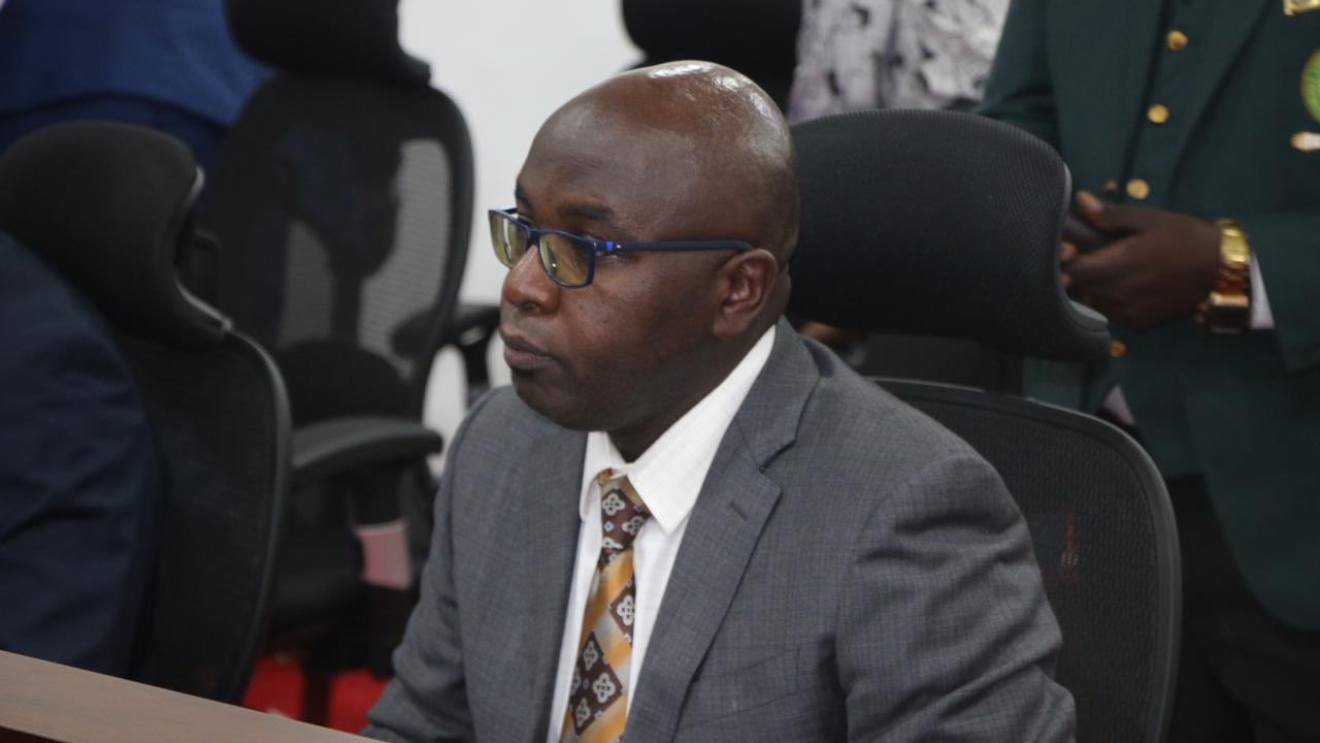The Kenya Revenue Authority (KRA) has categorically dismissed allegations of losing Sh64 billion in tax revenue due to palm oil shipment misdeclaration at the Port of Mombasa.
The claims, which surfaced in parliament, have triggered a thorough investigation into the importation process of palm oil, amid growing scrutiny.
Parliament’s Finance and Planning Committee is spearheading the probe, focusing on palm oil imports that entered the country between March 2023 and June 2024.
The investigation zeroes in on shipments from three companies—M/S Acee, M/S Mazeras Oil Limited, and Vipingo Industries Limited—amid accusations of irregular declarations.
Central to the committee's inquiry is whether these shipments were truly crude palm oil as declared, or if they had been refined prior to import.
Read More
Molo MP Kuria Kimani, chair of the committee, raised concerns over the clearance process, questioning why KRA allowed cargo to pass under crude oil tariffs if there were suspicions they had been refined.
In defence, Levi Mukhweso, KRA’s Deputy Commissioner for Investigations and Enforcement, asserted that all due diligence was followed, explaining, “KRA is satisfied that it has followed all due diligence as outlined in customs procedures and tax laws. Based on assessments, KRA collected all relevant taxes, considering product description, tariff classification, quantity, value, and country of origin.”
The committee, in its investigation, demanded KRA provide a detailed account of the total palm oil imports handled by Louis Dreyfus Company (LDC) Asia PTA from February 2023 to June 2024.
This encompasses a breakdown of palm oil products—ranging from Crude Palm Oil to Crude Palm Kernel Oil—and an outline of the taxes and duties paid by the company.
Mukhweso confirmed that tests performed on the contested consignments, conducted both by the Kenya Bureau of Standards (Kebs) and KRA’s internal labs, validated that the products were indeed crude palm oil.
The agency stood firm on its claim that no tax revenue had been lost in the process.
KRA Commissioner General Humphrey Wattanga further clarified that Louis Dreyfus Company (K) Ltd did not import palm oil directly but instead sold the products to local and regional companies, who were responsible for tax declarations.
Wattanga disclosed that between February 2023 and June 2024, LDC Asia PTA facilitated the importation of 546,588.86 tonnes of various palm oil products through Kenya.
In parliament, Baringo North MP Joseph Makilap pressed KRA for answers on why tests had been conducted on certain shipments, with the committee expressing concerns about the legitimacy of some consignments.
Referring to a load survey, he pointed out that there were indications that some goods had been refined. KRA maintained that the inspections were based on credible information and that subsequent tests confirmed the goods as crude palm oil.
Further data from KRA revealed that over the same period, six Kenyan companies imported a total of 315,138.38 metric tonnes of palm oil products from LDC Asia PTA.
Four key companies—M/S Louis Dreyfus Company Kenya Limited, M/S Acee Limited, M/S Mazeras Oil Limited, and Vipingo Industries Limited—accounted for 240,044.74 tonnes of these imports.
KRA’s records showed that it collected Sh4.55 billion in taxes from 162,250.21 tonnes of imports by these firms. Vipingo Industries Limited, the largest player in the group, contributed Sh3.73 billion in taxes for 137,724.29 tonnes of imported goods.
Wattanga, in his concluding remarks to the committee, reiterated KRA’s unwavering adherence to the law throughout the entire importation and clearance process.
He highlighted the authority’s commitment to ensuring that tax regulations are fully complied with, underscoring that KRA remained dedicated to safeguarding national revenue streams while facilitating legitimate trade.
As the investigation continues, the committee’s findings are likely to shape future debates around customs procedures and tax compliance, particularly in Kenya’s critical palm oil import sector.








